|
This article originally appeared on Slow Travel Tours here. There’s a baby in the house. It’s my new-born olive oil course this autumn, on which you’ll find out how to get the maximum enjoyment from olive oil. Do you have any idea how exciting it is to visit an olive mill to see and smell the new olive oil pouring out? And what about the flavour? If you haven’t been in Tuscany in the autumn, you will have a hard time imagining how intense and delicious it is. Then there’s the food for your eyes: those old silver-haired beings rooted on terraces retained by dry-stone walling. Who will have fun learning about olive oil? Many educators focus on a particular group of people: chefs, gourmets, home cooks, dieticians, olive cultivators, olive oil vendors. They reason that each group wants to know different things, that their curiosity is confined to their own particular box. I have a different methodology and more faith in the innate curiosity of people. I always design my courses for the person I was when I first arrived in Lucca. When it comes to olive oil, I knew nothing except that some dishes should be cooked with it. I used a supermarket brand of extra-virgin olive oil, not the cheapest and not the most expensive. I didn’t know what I wanted to know. I didn’t even know what questions to ask. In my fifteen years in Tuscany, a whole universe of olive oil has opened up before me and yet there’s always more to discover. Just this week I visited Pietro Barachini, a propagator of olive trees. I saw the forest of tiny cuttings which would be ready for sale only after two years. Then it takes ten years or more for the tree to be in full production. Producing olive oil is not instant gratification! What about tasting the oil? What is that medium-priced supermarket extra-virgin olive oil missing (is it even really extra virgin)? What defects can you taste in it? Every day you have guided tastings. You won’t become an oil judge overnight, but you’ll discover a brand new palette of flavours from the fruity tomato-leaf scented Sicilian oils to our spicy, bitter Tuscan oils. Your mind will be racing with ideas for using different oils with different ingredients. Your lessons making gelato and chocolate with olive oil will stimulate your creativity. We also want you to know about the health-giving aspects of olive oil. They make a significant contribution to the Mediterranean diet and are another good reason to consume high quality oil. You’ll also get answers to your practical questions, like how to find good olive oil in your own country, what the writing on the label means and how to store the oil to slow down its deterioration until next year’s new oil is available. If you want to learn in five thrilling days what it has taken me fifteen years to find out, come on the Olive Oil: Tree to Table course this autumn. It’s taught by Elisabetta Sebastio, a professional olive oil taster and judge, sitting on panels that decide which oils will get the highly sought-after DOP (Protected Designation of Origin) each year, along with several other experts who want to pass on their knowledge at whatever level you’re at from beginner to experienced professional. By the end you could be jumping up and down with excitement at having the tools and confidence to make your own choice of which olive oil to buy and how to use it in your home or your restaurant’s kitchen. If you sell olive oil, you’ll be able more intelligently to advise your customers. If you’re a producer, you’ll have the opportunity to talk with experts. The culture of olive oil will be in your blood.
If you have an open mind and an insatiable curiosity, ask for a booking form now: [email protected] If you’d like to read more about olive oil, here are some of my other blogs: Olive Juice, No Olive Oil, Olive Oil is Fast Food
0 Comments
|
Email Subscription
Click to subscribe to this blog and receive notifications of new posts by email. AuthorErica Jarman Categories
All
Archives
October 2023
|
|
copyright 2017 sapori-e-saperi.com | all rights reserved
|
Website by Reata Strickland Design

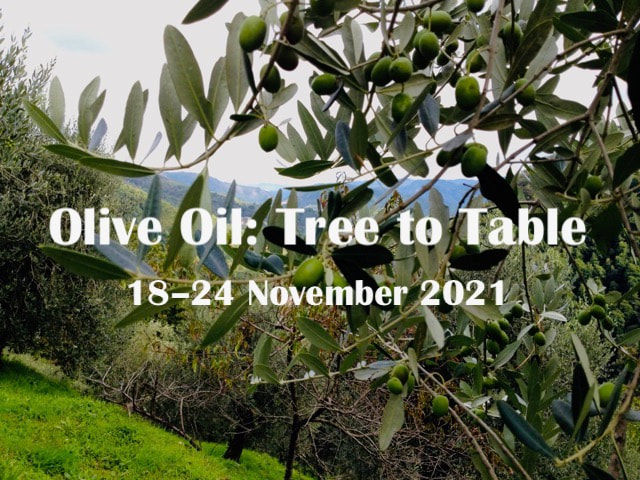
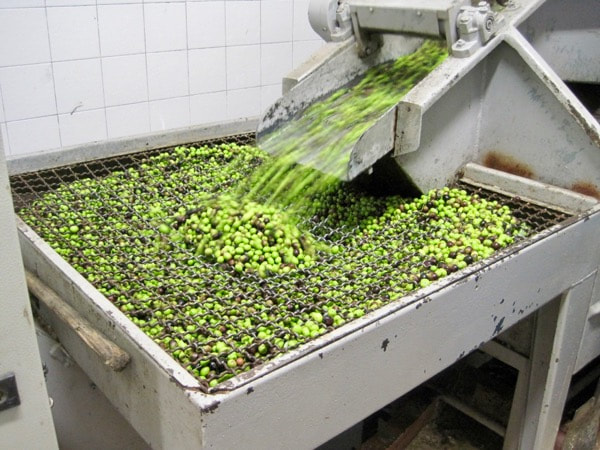
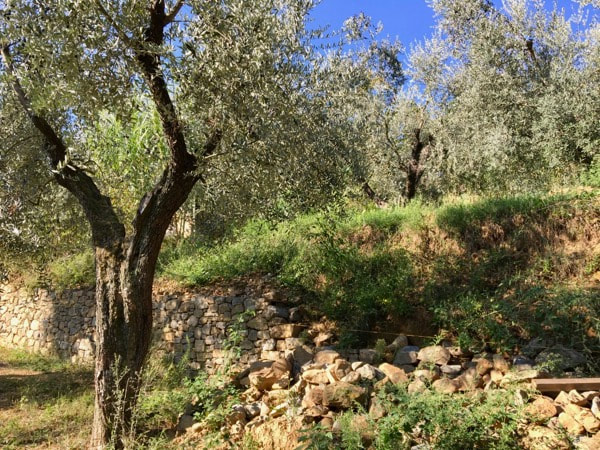
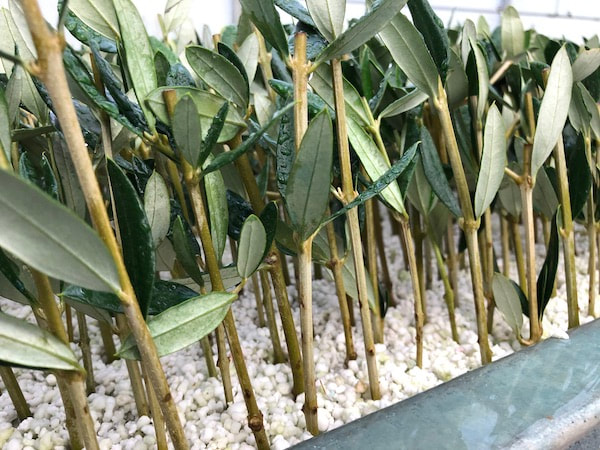
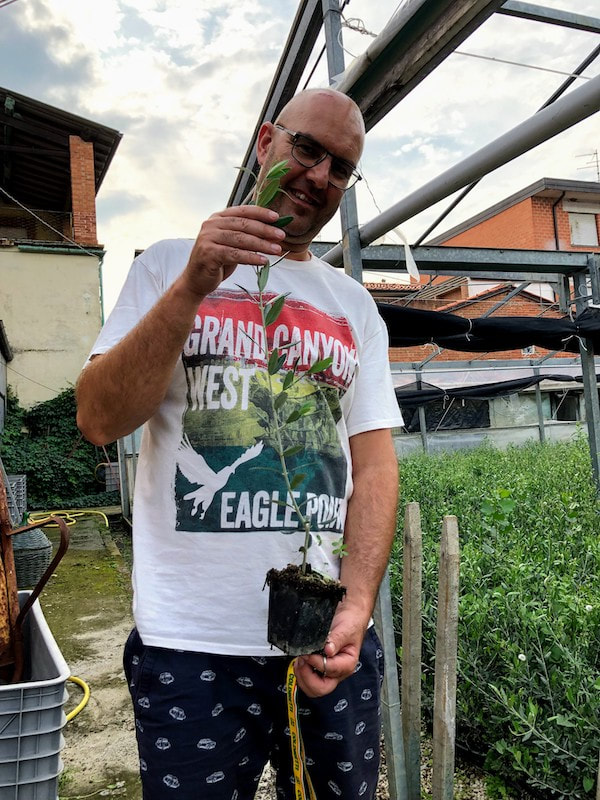
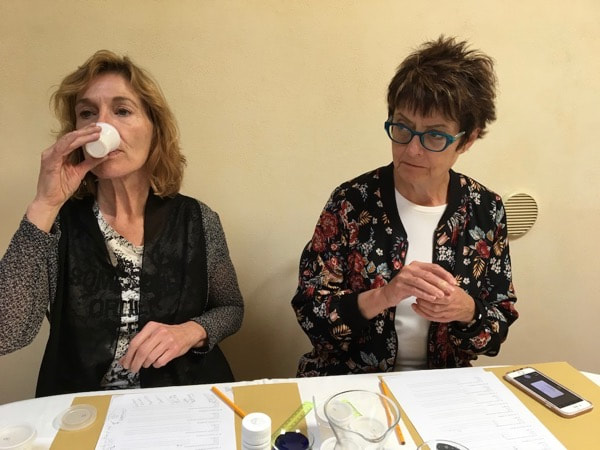
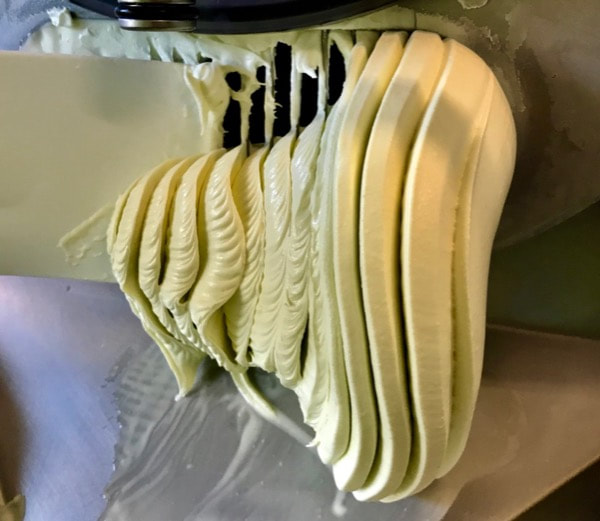
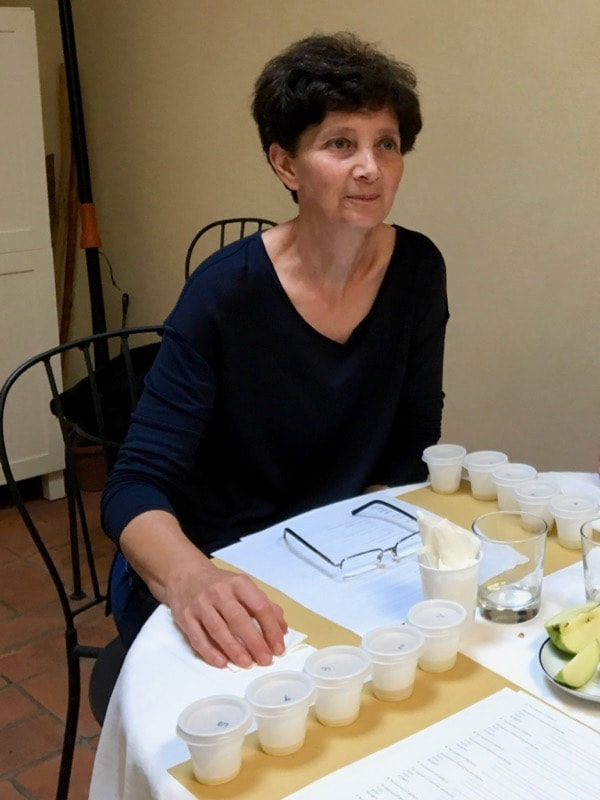
 RSS Feed
RSS Feed



